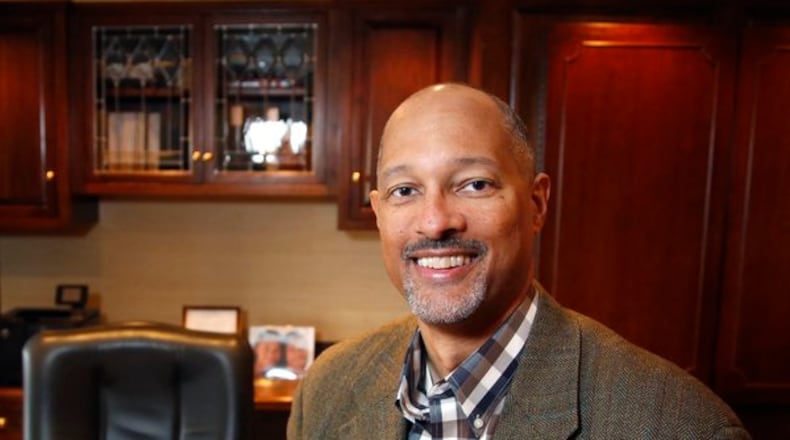The case has bounced back and forth between Montgomery County Common Pleas Court and Ohio’s Second District Court of Appeals, with the Ohio Supreme Court declining to review it in 2018.
The appeals court last month sustained one ruling from Montgomery County Common Pleas Court Judge Steven Dankof and overturned two others — taking away about $40,000 in retirement contributions that Dankof had awarded to Jones, but requiring DPS to pay the attorney fees.
The appeals court decision, written by Judge Jeffery M. Welbaum, says DPS “clearly violated” both Ohio law and the district’s own polices regarding special meetings.
The school board had listed the purpose of the 2016 special meeting as considering recommendations from the superintendent or treasurer, when the actual plan — to discuss non-renewing the pair’s contracts — was known in advance, according to an affidavit from then-school board President Adil Baguirov.
Welbaum’s opinion says the school board modified the agenda the day after the meeting by adding the non-renewal resolutions as agenda items, while keeping the agenda’s original date.
“We are not aware of any case law permitting public bodies to mislead the public by including language in notices that disguises what the public body actually intends to do,” Welbaum wrote.
Ohio law says that when a court rules against a public body like a school board in an open meetings law case, that body must pay the suing party reasonable attorney’s fees.
The appeals court said the two possible exceptions do not apply in the DPS-Jones case, so they remanded the case back to Dankof’s court to determine the final amount DPS will pay to cover the services of Jones' attorney, Dennis Pergram.
About the Author


